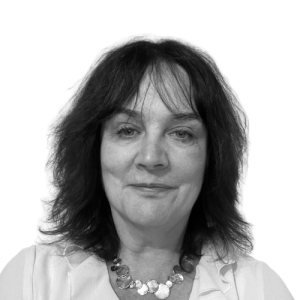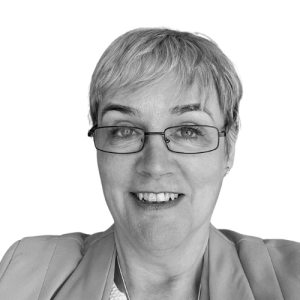What is Trauma?
Trauma is a response to an intensely stressful event(s) or situations. The effects can be long-lasting, but healing is possible.
Traumatic events can happen at any age and have lasting effects on your physical and mental well-being. Each person’s experience is unique, but there are common causes, and many people share some symptoms of post-traumatic stress, like anxiety, flashbacks, and sleep disruption.
How Can Trauma Counselling Help?
A good trauma therapist can provide a grounded presence where you can begin to explore your trauma while feeling safe, listened to and held. A therapist who is trained in how to work with trauma will be able to offer grounding techniques, and awareness exercises in the here-and-now so that you can start to feel safe. This helps you learn how to come down from hyper-arousal and helps you to be grounded in the here-and-now experience.
A therapist can help a trauma survivor to recognise their resources and skills, and to build on these. In therapy, the trauma survivor may be able to learn how to regulate emotions and feel safer in the here-and-now. Working with a trauma therapist can help you to understand trauma symptoms, and to start to work through your experiences.
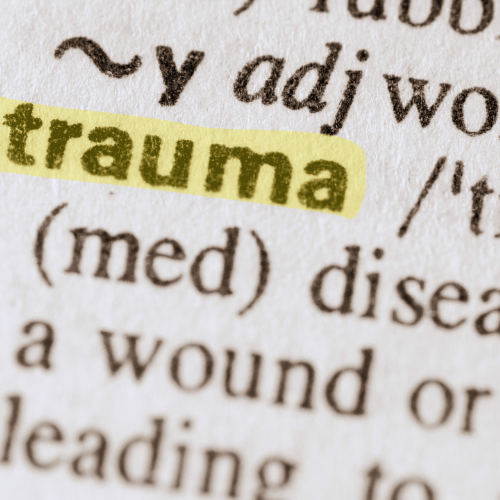
Our Qualified Trauma Therapists
All of the therapists below are qualified and experienced in the treatment of trauma. Click on their profile to find out more about them, or to book a session.
Clinical Director
Clinical Director
Clinical Director
What is PTSD?
PTSD is an abbreviation for, Post-Traumatic Stress Disorder, and it can be a debilitating condition.
PTSD arises when a person experiences a threat involving high levels of stress, but they are unable to move through the stress response, meaning they are frozen in the stress response and unable to recognise that the danger has now ceased.
PTSD can be recognised by the following symptoms:
- Flashbacks (reliving the trauma as if it were happening now)
- High levels of anxiety and fear
- Avoiding the place where the trauma occurred
- Emotional numbness/disconnection from emotions
- Unexplained physical problems
- Feeling ashamed
- Negative self-beliefs such as “I am to blame” or “I am not valuable” or “I am worthless"
- Suicidal thoughts or behaviours
- Nightmares
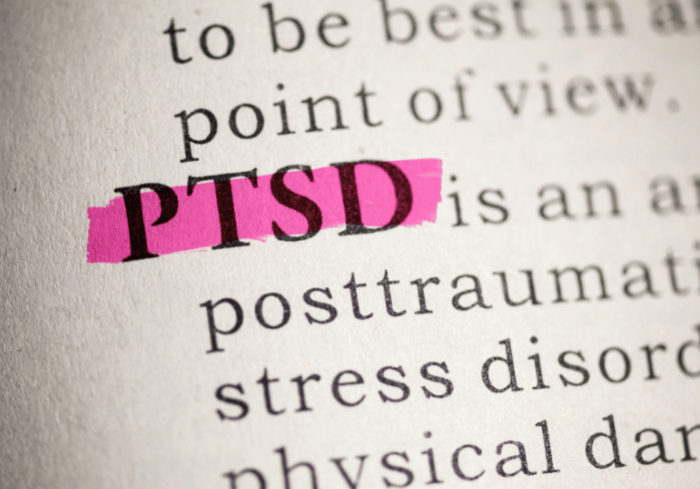
How Can PTSD Therapy Help?
PTSD therapy has three main goals:
- Improve your symptoms
- Teach you skills to deal with it
- Restore your self-esteem
Most PTSD therapies fall under the umbrella of cognitive behavioural therapy (CBT). The idea is to change the thought patterns that are disturbing your life. This might happen through talking about your trauma or concentrating on where your fears come from.
Our Qualified PTSD Therapists
All of the therapists below are qualified and experienced in the treatment of PTSD. Click on their profile to find out more about them, or to book a session.
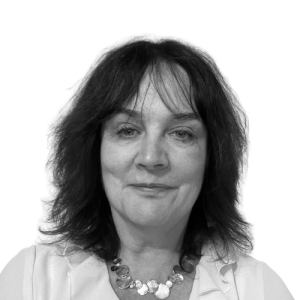
Margaret Francis
Clinical Director
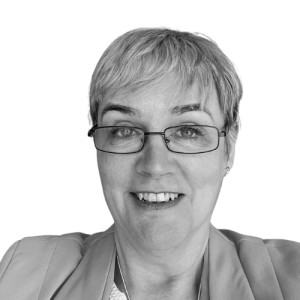
Margaret Francis
Clinical Director

Margaret Francis
Clinical Director
What is Childhood Trauma?
A person’s ability to come through experiencing a trauma can be grounded in how they learnt to manage their emotions in early childhood.
A traumatic event poses a threat to a child’s life or physical safety. This includes events that are frightening, dangerous, or violent. For some kids, there may be no time for healing between traumatic events — their life is in an almost constant state of chronic stress and trauma. In adults, unresolved childhood trauma can take on many forms. For example, female adults who experience sexual abuse as a child or teen often show signs of post-traumatic stress disorder (PTSD), distorted self-perception, shame, fear, guilt, self-blame, humiliation, and chronic physical pain, according to the American College of Obstetricians and Gynaecologists.
Examples of childhood trauma include:
- physical abuse
- sexual abuse
- psychological and emotional abuse
- neglect
- natural disasters like hurricanes, earthquakes, or fires
- homelessness
- racism
- serious accidents or life threatening illness
- violent loss of a loved one
- sexual exploitation
- refugee and war experiences
- community and school violence
- witnessing or experiencing family or partner violence
- military stressors like loss, injury, or parental deployment
How Can Childhood Trauma Counselling Help?
Cognitive processing therapy (CPT) is a subtype of cognitive behavioral therapy. CPT is often a first choice when treating PTSD, especially when addressing the long-term effects of childhood traumas in adults.
For PTSD, the American Psychiatric Association recommends treatment over 12 sessions. This typically involves education regarding PTSD thoughts and emotions followed by formal processing of the trauma and skill development to identify and address unhelpful thinking related to traumatic events.
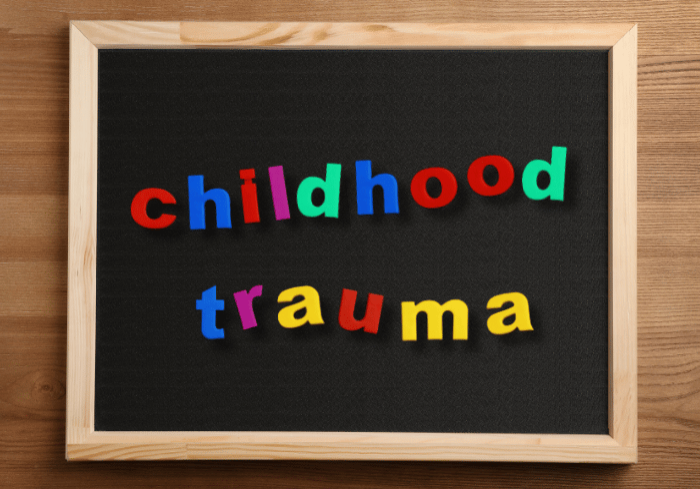
Our Qualified Childhood Trauma Therapists
All of the therapists below are qualified and experienced in the treatment of childhood trauma. Click on their profile to find out more about them, or to book a session.
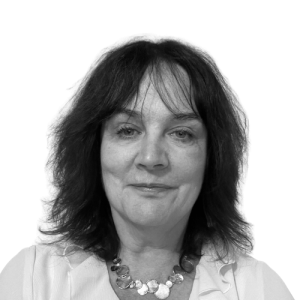
Margaret Francis
Clinical Director
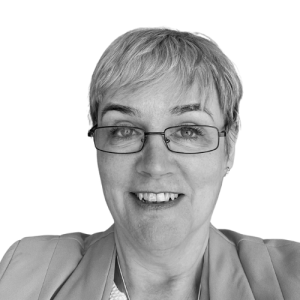
Margaret Francis
Clinical Director

Margaret Francis
Clinical Director

